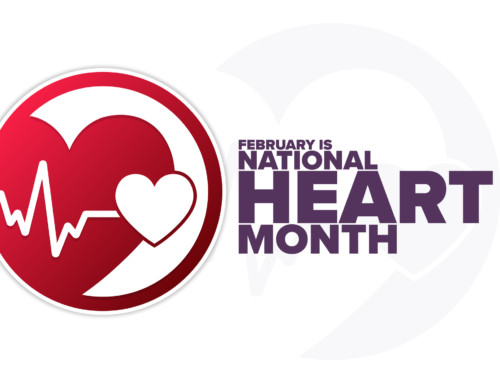 Since June is Men’s Health Month, we’ve done a blog series on health-related topics specific to men. Check out our previous posts to stay updated on men’s health and don’t forget to schedule a check-up!
Since June is Men’s Health Month, we’ve done a blog series on health-related topics specific to men. Check out our previous posts to stay updated on men’s health and don’t forget to schedule a check-up!
It may be a small part of the male body, but prostate health can have huge health impacts.
Prostate cancer alone affects 1 in 7 American men at some point during their lives, while prostate infections and age-related issues can cause severe pain and discomfort.
As with all health issues, the first step to beating prostate concerns is to increase your awareness and understanding of this part of the body. So, this Men’s Health Month, put a special focus on your prostate to improve your health and lengthen your lifespan.
What Is the Prostate?
The prostate carries out an essential role within the male body. The gland is about the size of a walnut, and sits just below the bladder in front of the rectum. It produces a thick, milky-white fluid that becomes part of the semen when it is ejaculated to help carry sperm.
Because of its location in the body, problems to the prostate can affect sexual function and urination, as well as other organs. Issues manifest in three different primary forms:
- Prostatitis is an infection of the prostate that can cause burning or painful urination, difficult or painful ejaculation, and other chronic discomforts.
- Benign prostatic hyperplasia occurs with aging, and results in the enlargement of the prostate gland.
- Prostate cancer is the result of the growth of cancerous cells inside the prostate, with the possibility of spreading to other parts of the body.
While some of these concerns are painful enough to be recognized, prostate cancer can develop without any symptoms, which is why it’s essential to take good care of your prostate throughout your life.
Tips for a Healthy Prostate
With just a few simple lifestyle changes, you can start improving your prostate health today for a healthier prostate in the future. Here are our top tips to make a difference this Men’s Health Month.
Eat a Healthy Diet
A prostate-smart diet is one that places importance on selenium, soy, antioxidants, and healthy vegetable fats.
An easy way to incorporate more of these ingredients into your diet is to replace a simple carbohydrate with a food rich in one of the nutrients listed above. For example, consider replacing the croutons in your caesar salad with the crunch of Brazil nuts, which are famous for their selenium content. Or swap the iceberg lettuce in your sandwich for spinach to easily increase the amount of vitamin B6 in your diet.
Have a Regular Exercise Routine
Getting plenty of physical exercise is perhaps one of the most effective ways of improving your overall health, including the health of your prostate.
A Harvard-based study found that men who were more physically active were less likely to suffer from benign prostatic hyperplasia. Their resulting recommendation is to include a half hour of physical activity on all or most days of the week, even if those segments are broken down into 10-minute chunks.
For extra credit, include a yoga or stretching practice into your workout routine to develop a more communicative relationship with your body. The best time to catch any health concern is before it’s serious, and by being better attuned to your body, you’ll be more aware of any changes.
Catch Some Sun Rays
Vitamin D, which is most directly absorbed from sunshine, is a key element in keeping your prostate healthy. So get outside and soak up some rays. Just remember not to skimp on the sunscreen.
If you have a family history of skin cancer, however, you may want to trade extensive time in the sun for Vitamin D drops, which can be picked up at your nearest health shop or pharmacy.
Get Screened
Being span style=”font-weight: 400;”>screened on a yearly basis is the only way to know if you’re at risk of prostate cancer.
If you’re a man of African or Caribbean descent, or have a family history of prostate cancer, start getting screened from the age of 45. For everyone else, turning 50 is the time to begin receiving annual PSA (Prostate Specific Antigen) tests.
Your chances of beating prostate cancer are over 98% when the disease is detected early, so these routine tests are definitely worth doing. What’s more, you can take this opportunity to talk to your doctor about any other prostate-related issues you might have been experiencing for optimum prostate health.
Reduce Your Stress
Stress may seem like a mental health issue, but it also affects our bodies on a physical level and can contribute to prostate problems.
Make sure you relax outside of work by seeing friends and trying stress-reduction techniques such as mindfulness meditation or tai-chi. Limit your alcohol intake and quit smoking if it’s one of your habits. If you’re still struggling to deal with stress, talk to a mental health professional instead of ignoring the problem and letting it affect your health.
Prostate health is a cornerstone of a man’s overall health, especially as he ages. By giving this part of your body more awareness this Men’s Health Month, you can beat any prostate problems in the future – and feel even healthier today.
For more information on prostate health, get in touch with our expert team.





